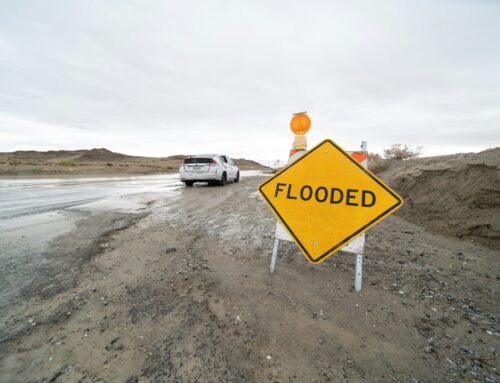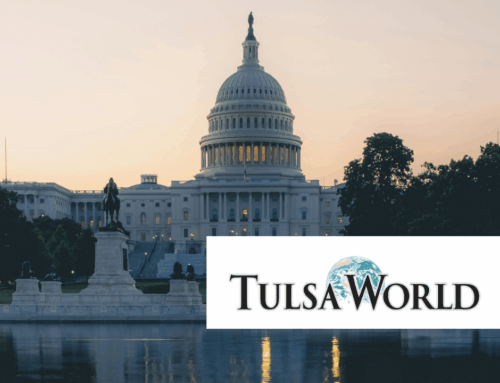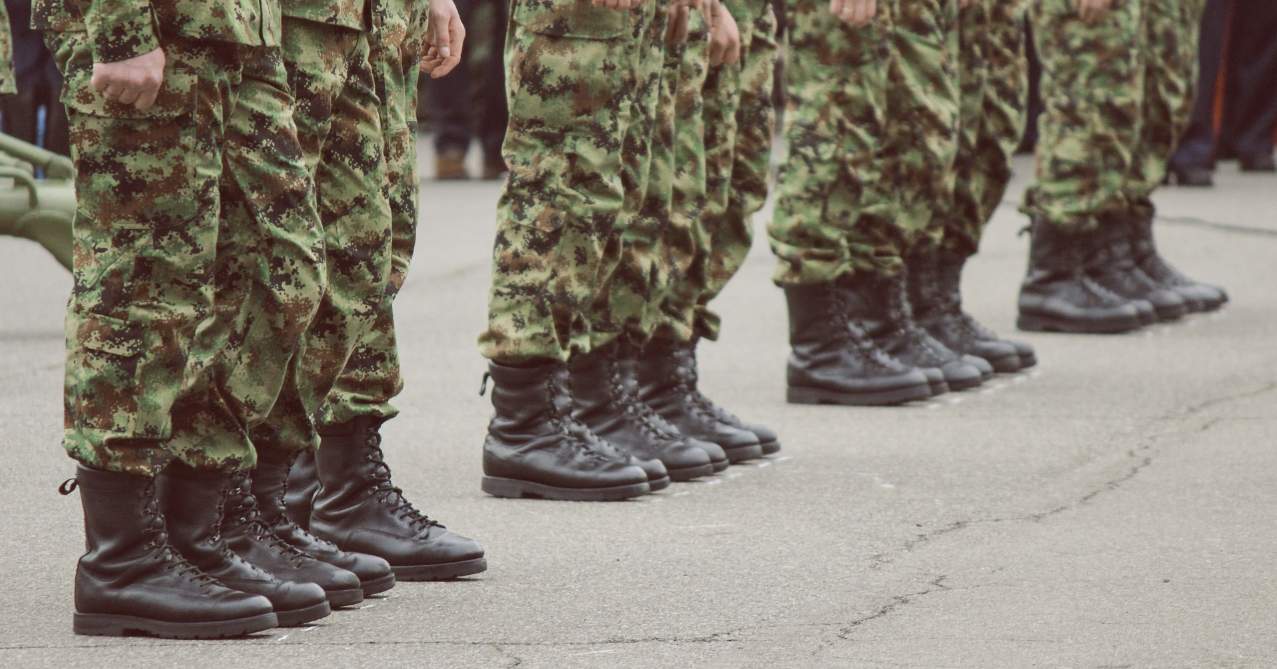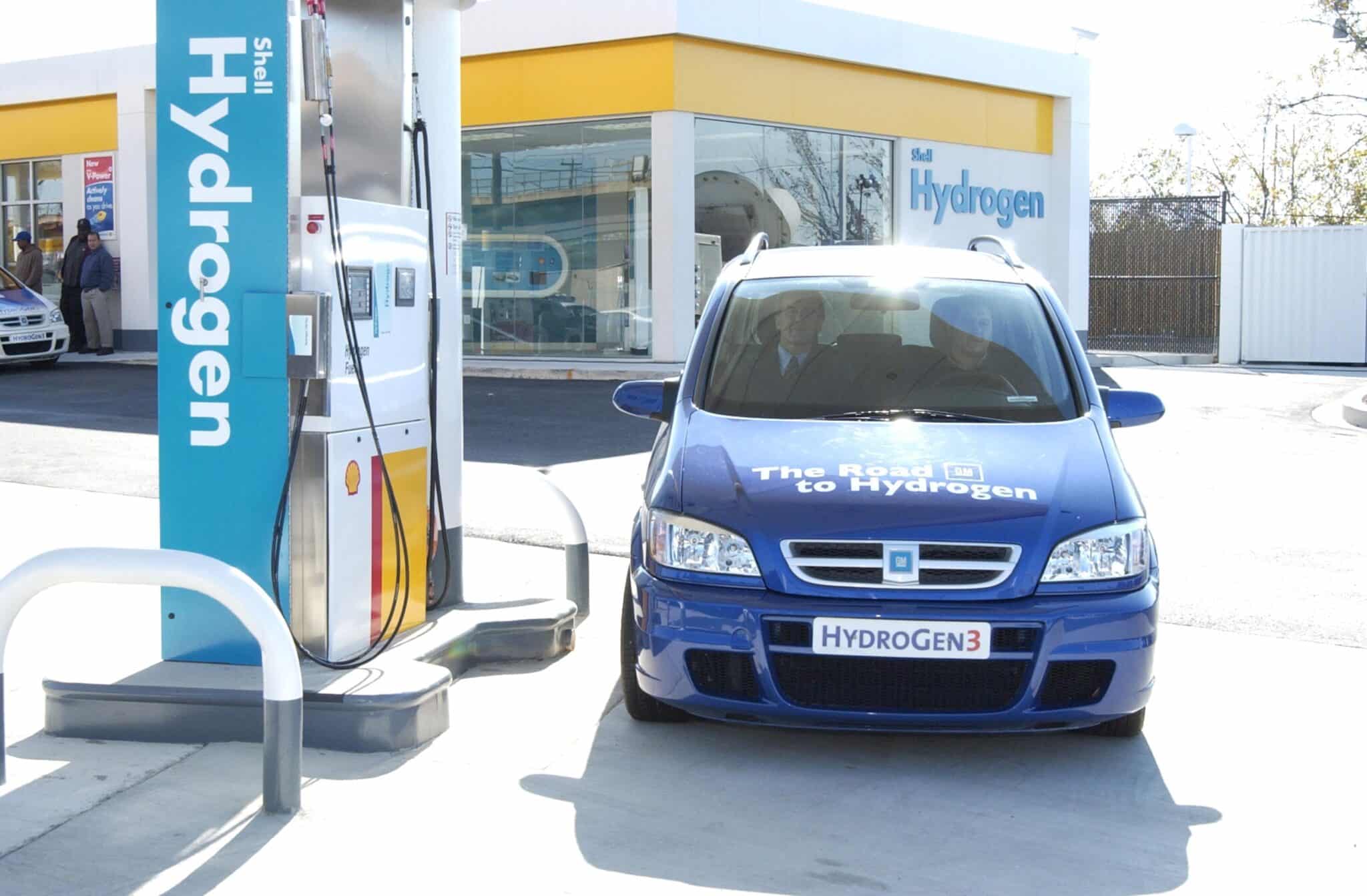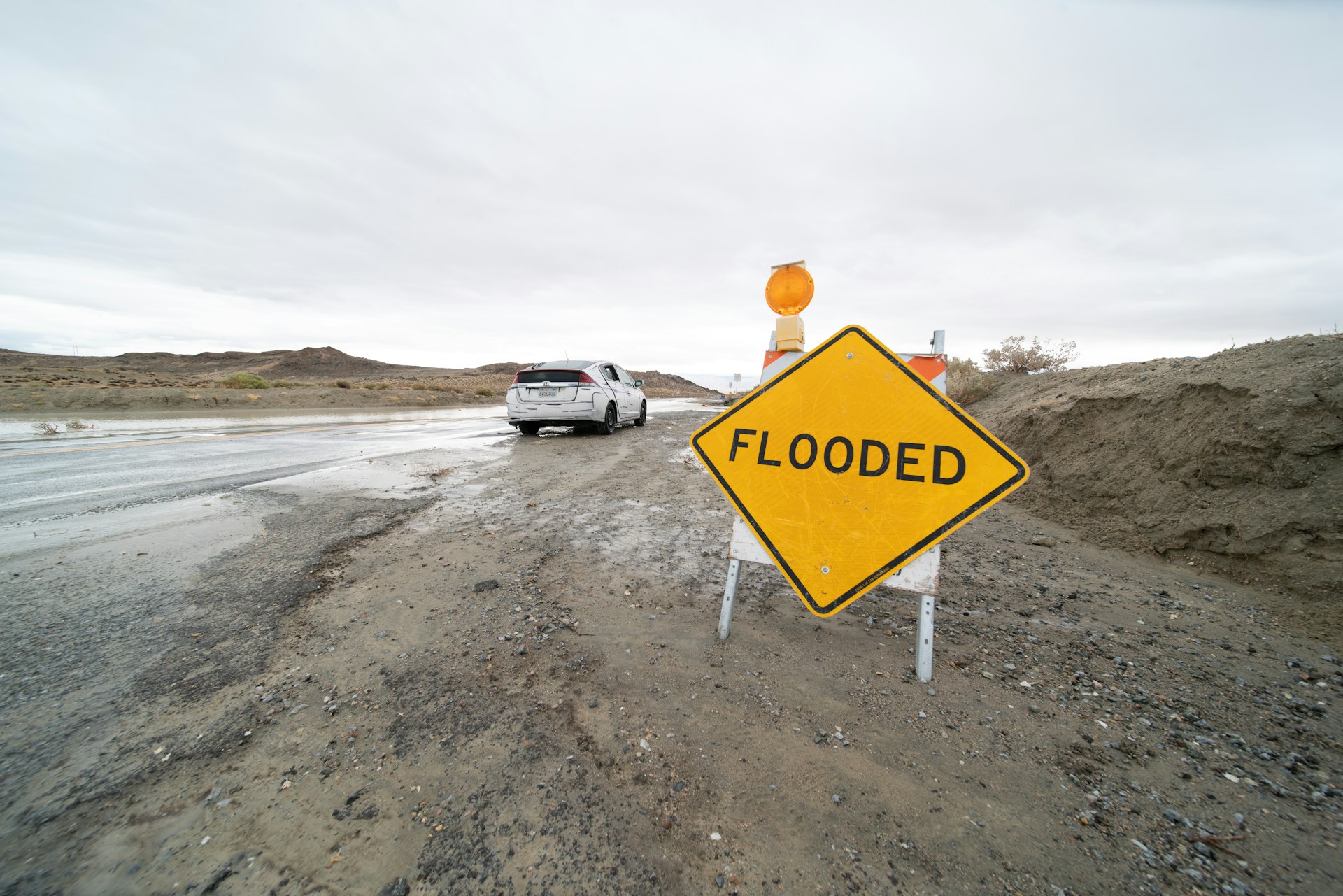Two of the major sticking points in the negotiation surrounding the next COVID-19 relief bill — negotiations that have been going on for close to six months — remain the scale and targeting of the relief and the demand for legislative immunity for businesses and other organizations from COVID-19 related lawsuits. Since the passage of the $3 trillion HEROES Act by the House in May, the Senate has moved from $0 in new relief spending to $500 billion to $908 billion — at least among some members. And throughout this time, Senate Republican leaders have insisted on a multi-year liability shield from COVID-19 lawsuits.
Ironically, for all the efforts to reduce federal spending, the insistence on the liability shield is likely to actually increase taxpayer costs.
Providing immunity from liability does not actually reduce harm — it simply shifts the costs from employers, businesses, and other organizations to individuals who have suffered harm. In the case of COVID-19, the health consequences for individuals often spill over to taxpayers — as sickened individuals fill hospital beds and tap public resources, as we are seeing in the current nationwide spike. Moreover, removing the economic incentive to provide safety measures for employees and customers, the liability shield could lead to more cases of COVID-19 and increased taxpayer costs, not to mention the negative economic impact. In fact, a business that invests in safety measures will be put at a disadvantage compared to competitors who cut corners.
The insistence on a liability shield also defies the facts on the ground. Despite claims of a “second pandemic” of lawsuits, there have been very few employment- or consumer-related COVID-19 lawsuits. Of the 6,571 lawsuits identified by the law firm Hunton, Andrews, Kurth as of Dec. 8, only 129 of these have been employment-related claims for lack of personal protective equipment, exposure to COVID-19, or wrongful death; compared to 15 million cases of COVID-19 nationwide. Since August, total COVID-19 cases have increased more than 200 percent, while the number of COVID-19 lawsuits has increased by only 35 percent, and the aforementioned employment-related cases increased by only a little more than 7 percent. In this context, fewer than three cases per state is hardly a “pandemic” of litigation necessitating congressional action.
Don’t be distracted by Senate Majority Leader Mitch McConnell’s (R-KY) recent offhand comment that he would abandon liability shields in exchange for cutting aid to states and local governments: he knew perfectly well that proposal was going nowhere. The scope of the immunity being proposed more accurately reflects the priority of this issue. The origins of the COVID-19 liability shield provisions comes from the HEALS Act, which included a provision so broad it would have made bringing even gross negligence claims difficult — and covered a five-year period. The negotiations to bridge the gap between House and Senate proposals have whittled it down somewhat, with one recent proposal narrowing the scope of immunity to one year.
Another problem with including the liability shield in this year-end deal is the potential for other industries to try to jump on board (nothing like a December spending bill to become the proverbial legislative Christmas Tree). The oil and gas industry has been seeking protection from the lawsuits brought by states, cities, and counties seeking compensation for massive climate-related injuries. Those cases are currently moving through the courts, and the incoming Biden administration has signaled it will support the communities seeking damages. That is plenty incentive for the industry to look for help from Sen. John Cornyn (R-Texas) — the lawmaker who authored the liability shield legislation embedded in the HEALS Act and receives the most political contributions from the industry — to get some form of liability shield through this Congress to lay the foundation for future action.
The liability shield issue is a red herring — a solution in search of a problem — that should play no role in delaying or reducing COVID-19 relief. The absence of a flood of litigation and the presence of a vaccine on the horizon make the justifications for a liability shield disappear. Congress should reject any effort to include one in the final COVID-19 deal.

